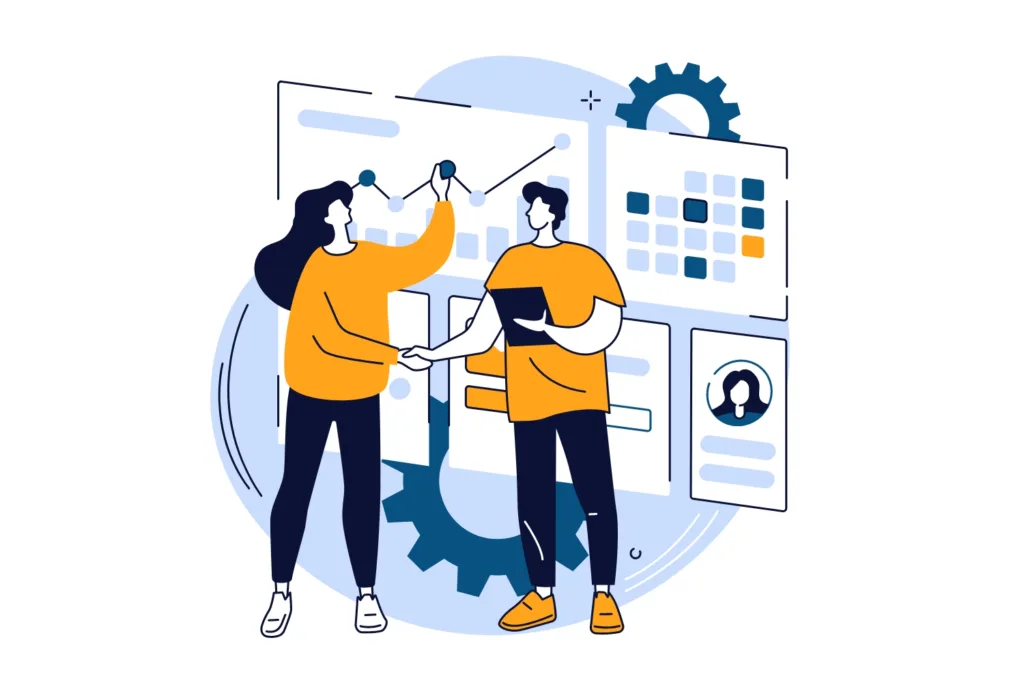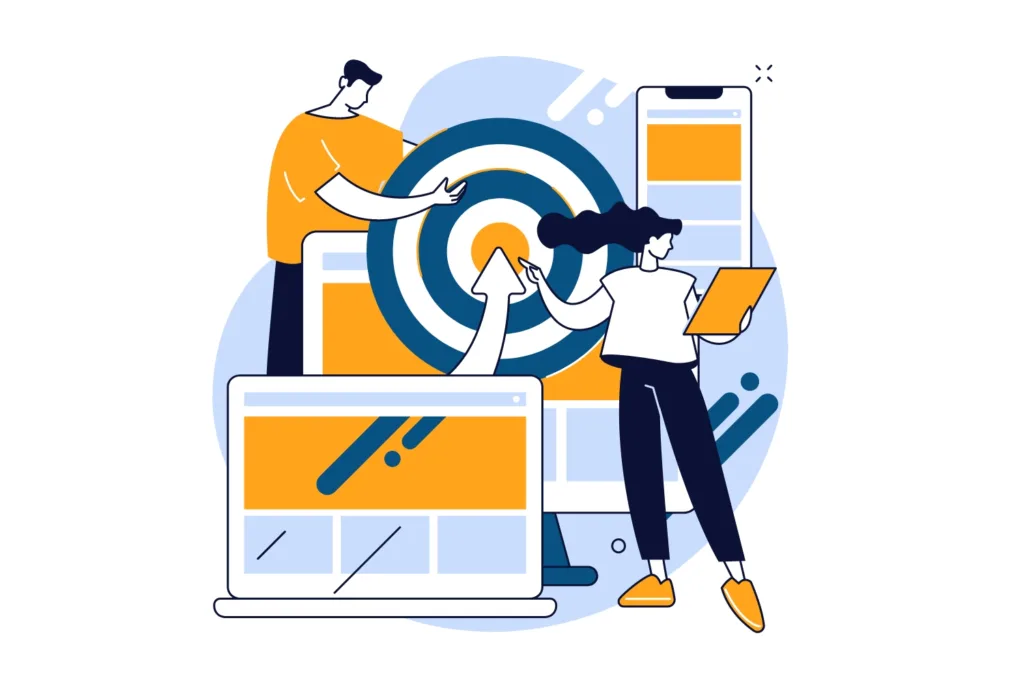What is CDP? And, exactly how can it improve your PPC marketing? CDP stands for customer data platform. As a general overview, it’s a tool designed to organize your customer’s data from various platforms. It can strengthen your PPC efforts in various ways because you’re utilizing data-driven customer insights to develop your ad campaign strategy. Here’s how.
What is CDP?
As mentioned above, a customer data platform, or CDP, is a database that stores your customer’s data. It’s used to optimize your customer data management through centralization, data security, and customer data compliance.
What Does a CDP Do?

Depending on the software, some customer data platform capabilities have more than others. Generally, CDPs collect first-party customer data, including structured, unstructured, online, and offline. These sources are typically from your CRM, email, social media, in-store transactions, loyalty programs, and more. However, CDPs do more than collect and store customer data. They also organize them with segmentation and analyze them for you to create your ideal buyer personas and tailor your marketing strategies with data-driven customer metrics.
Benefits of a Customer Data Platform for PPC Marketing
CDPs can enhance your PPC campaigns because it’s designed for marketing. Here are the top advantages CDP advertising offers businesses:
Personalizes PPC Campaigns
CDP advertising personalizes your PPC campaigns through customer data segmentation. CDPs categorically organize customer data through behavioral, transactional, and demographic metrics to create unique customer profiles.
CDP examples of customer data categories include:
- Spend groups, like average order value and monthly total spend
- Location, birth date, and gender
- Email open, click, and conversion rate
- Last visited, purchased, and abandoned product
With a deeper understanding of your customer’s journey, you can customize your PPC ads to provide more value based on CDP data.
You can launch a PPC campaign to a segmented audience who never bought from you before to attract new customers. Then, launch another PPC campaign to another segmented list of past customers who haven’t purchased in a while to re-engage with them and increase CLTV. CDP advertising allows you to create more relevant ad content by optimizing your audience targeting for you.
Streamlines Bidding Strategies
CDPs make it easier for you to develop effective bidding strategies to improve the customer experience. Since CDPs also analyze customer data, your business can better utilize it for a more profitable ROAS.
You can calculate bids more accurately through automated bid management features. CDPs use AI and machine learning to analyze bidding algorithms and achieve greater ROAS based on the highest conversion value opportunities.
CDPs utilize prediction models and first-party data to display which users have a higher probability of converting. In return, you can leverage value-based bidding for greater profit. Some CDP platforms even integrate with big management platforms to centralize your advertising and marketing data into one place.
Improves Retargeting Campaigns

CDPs improve retargeting campaigns by connecting customer data to advertising data. They reduce average CPC for irrelevant audiences with access to real-time segmented customer data.
You’ll know which customers engaged more with your prior ads, the types they interacted with the most, and which advertising channels drove the most sales to strengthen your retargeting strategy. Some CDPs even automate activations to make advanced retargeting lists for you.
That way, you have data-driven strategies for retargeting campaigns to convert one-time buyers into repeat customers more effectively.
Delivers More Accurate Customer Data
CDPs constantly update their database to deliver the most accurate data than other sources because it’s collected directly from the customer. They enhance your customer journey reporting with quality and centralized data.
On average, 47% of new data collected by businesses have one or more critical errors. This same report showed that businesses receive customer data from 28 sources! With many decentralized data platforms, it risks your data accuracy, negatively impacting your paid search marketing efforts.
When you better understand your customer’s behavior and spending habits more accurately, you can better predict them to tailor your PPC campaigns and expand your market reach.
Maximize Your ROAS & Paid Search Results with Professional PPC Marketers
While customer data platforms do the heavy lifting in your paid search strategies, you can maximize your ROAS with professional PPC marketers. At Reach Marketing, we understand it can be challenging to utilize comprehensive CDP data effectively with many metrics available.
Our PPC team has extensive paid search experience to generate optimal results, including SEM keyword research, bid adjustment, A/B testing, and ad conversion tracking. We’ll continuously monitor your PPC marketing strategy with monthly reports to measure success and benefit your long-term business goals.
Ready to get the most out of your PPC budget?
Learn more about our paid search marketing services or contact us for help with your CDP digital marketing today!

